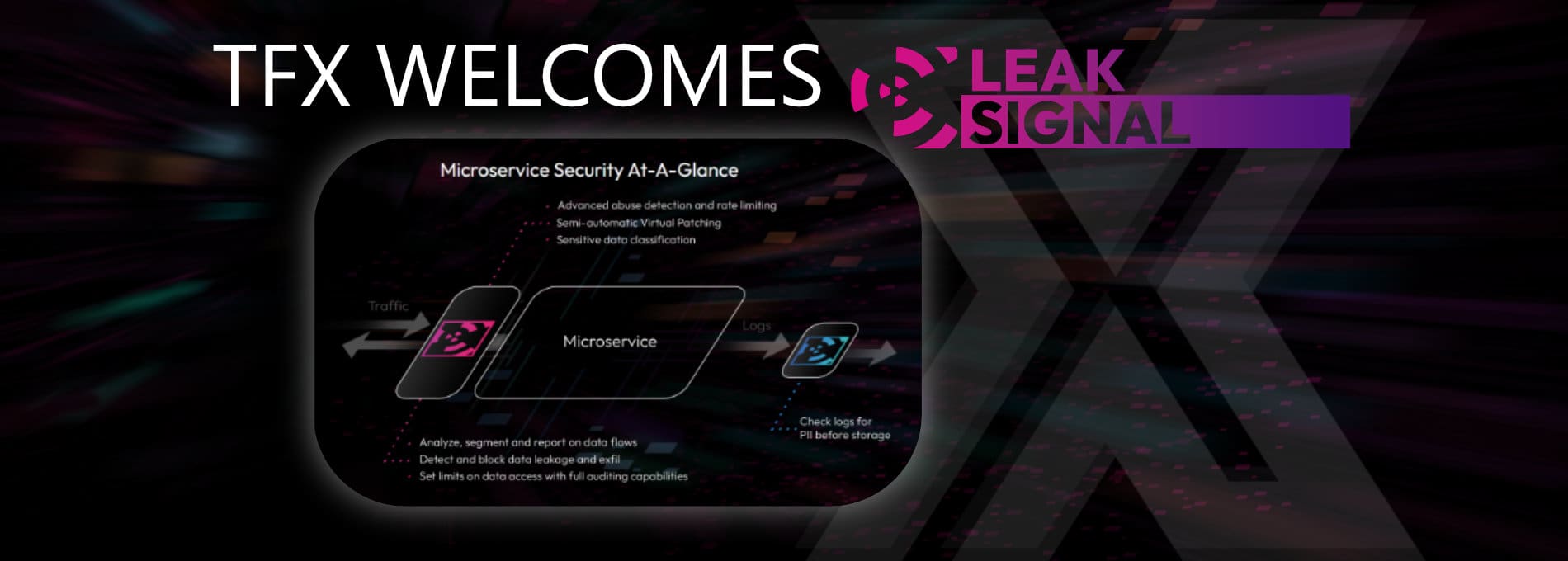“A small leak will sink a great ship”
— Benjamin Franklin
We recently announced our latest investment into a company called LeakSignal out of Atlanta, GA. As their name suggests they helped organizations protect sensitive data from “leaking out” into places it should not be. We all aspire to keep our personal data (health, financial, etc) private, but how secure is our data at the institutions we depend on?
In January, the largest bank in the US, JP Morgan Chase, disclosed that it has a staff of over 60,000 professionals and a growing budget of $15B annually dedicated to protecting customers, data, and businesses. In February, Change Healthcare (part of UnitedHealth Group) was hacked, leading to a near-complete breakdown in prescription drug delivery as well as medical billing. When the federal government needs to intervene with paper claims, something is wrong.
Policymakers and cyber experts have been trying to set standards and guardrails such as the 1996 HIPPA (Health Insurance Portability and Accountability Act), the 2016 General Data Protection Regulation (GDPR), and the White House Executive Order on Preventing Access to Americans’ Bulk Sensitive Personal Data just this month.
With the ascent of AI-enabled processes and tools, the opportunity to exploit previously unknown or unrecognized assets will only grow. We need smarter and more novel toolkits, which is why we moved quickly to invest in LeakSignal.
LeakSignal focuses on the most complex data and avenues to protect: Layers 4-7 (applications residing on what are known as “microservices” and “serverless infrastructures.” Not only does LeakSignal segment and detect data breaches, a growing field of capabilities in the cybersecurity arena, but its solution can also stop sensitive data from being exfiltrated.
The team is as impressive as their solution.
One day while at Shape Security, Wesley told us a story of how he was stunned to receive an email from a teenager, claiming to have hacked Shape’s products, and was sending the team a note per the instructions in the code should it be hacked! Seeing promise in this young man, Wesley and the Shape team hired him instantly. Years later, Wesley and this engineer, Max Bruce, would reunite and launch LeakSignal.
When meeting Wesley, Max and their team, we at TFX Capital knew we were talking to domain experts – humble, driven, smart. Their platform is quite technical, and their early customers are deriving immediate benefit from their services. The financial services, healthcare, and intelligence communities will all increase their security postures by not just detecting data leakages, but by also stopping it from leaving their organizations.
“Today’s large IT infrastructures may be running thousands of microservices with little visibility and an inability to quickly identify and isolate each of the microservices carrying potentially sensitive data. LeakSignal’s solution provides firms the ability to quickly generate the visibility necessary to facilitate the implementation data categorization and sanitization in transit so sensitive data does not leak into logs or outside the organization. LeakSignal also provides the ability to implement additional best practice security measures such as network segmentation and zero trust principles.”
— Rob Bair, TFX Venture Partner
And their market is dynamically changing already this year with recent product announcements by CloudFlare, CrowdStrike’s acquisition of Flow, and Palo Alto Networks’ acquisition of Dig Security. The time is right for a smart solution like LeakSignal to lead. We are excited to join their pre-seed round alongside Blu Ventures and others. We are already at work with referrals, coaching and other support tools to help the team rapidly scale in an ever-changing marketplace.




